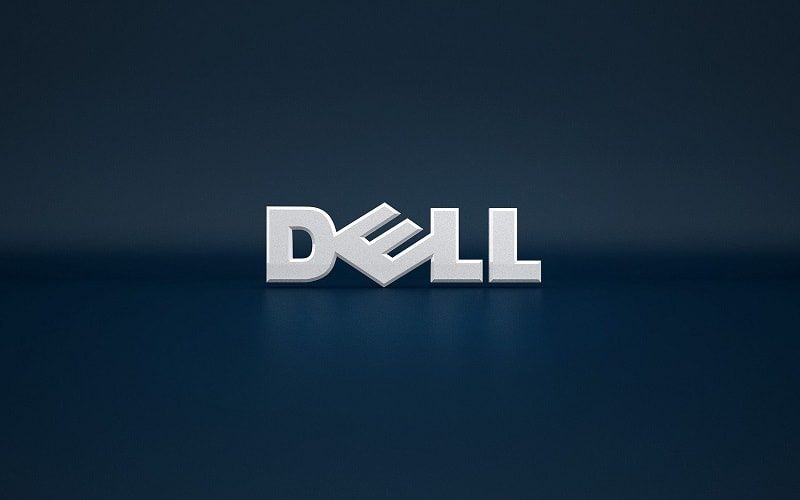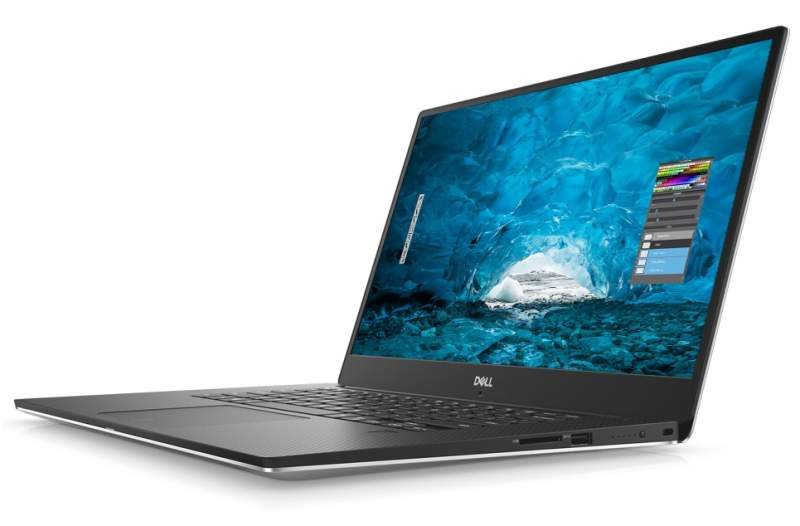Dell Directly Blames Intel For 2019 Q4 Revenue Prediction Cut
Mike Sanders / 5 years ago

It’s hardly any secret that Intel is currently struggling to meet the demand for their processors and, in fact, are working hard to combat what is becoming an increasingly problematic issue. To date, however, while this has been a well-known issue, they have largely avoided any direct criticism from most of their biggest suppliers.
In a report via TechPowerUp, however, in announcing adjustments (or more accurately, cuts) to their 2019 revenue forecast, Dell has taken the unusual step of directly blaming Intel for this.

Dell Blames Intel for Hitting its Profits Due to the CPU Shortfall
In the report, Dell’s CEO, Jeffrey Clarke, has pulled no punches in directly blaming its projected revenue cuts on Intel’s failure to produce enough processors to meet their demand.
“Intel CPU shortages have worsened qtr-over-qtr, impacting our commercial PC and premium consumer PC Q4 forecasted shipments.”
While Dell isn’t the first major company to call Intel out on this issue, they are (arguably) one of the biggest. As such, they’ll undoubtedly be a few people feeling some pressure over these comments.

What Do We Think?
While Intel is pumping out processors as fast as they can, they have failed to adjust to significant market growth (both in terms of desktop and servers) over the last 2-3 years. As such, while Intel struggles to meet the demand, AMD has been more than happy to step and in and win a lot of business for themselves. Particularly the server market in which Intel did have a 100% market share stranglehold on just 2 years ago.
The short version is, however, that it’s unlikely that supply levels are going to get much better in the foreseeable future. Particularly as Intel looks to (finally) start shifting into smaller node process designs. AMD will, of course, have no complaints about all this though.
What do you think? How much of a problem will this be for Intel in the long-term? Can you start seeing more companies shifting their business towards AMD? If so, what do you think the long term prospects are for each company? – Let us know in the comments!



















